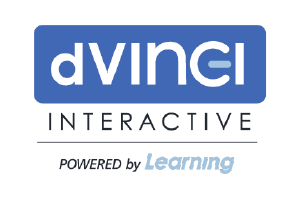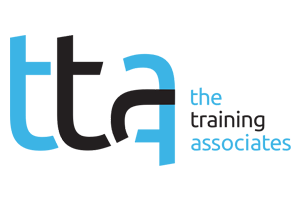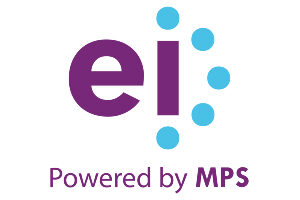By virtue of forcing so many people to work from home, the COVID-19 pandemic has become not only a catalyst for increased remote learning but a reinforcement that learning should strictly adhere to core principles such as relevance, self-directedness and goal orientation. Less effective training that could once be delivered by experienced trainers in a face-to-face classroom setting now must meet a different set of requirements to ensure that they can attain learning goals in remote environments, where learners are more likely to face new distractions. With remote working more commonplace now and as we look ahead, the need for strong instructional design has become more critical than ever to ensure learner engagement and learning effectiveness.
Keeping the Human Touch in Digital Learning
Virtual learning requires a thoughtful approach to design and development to effectively augment learning activities. This approach involves incorporating the appropriate technologies that promote engagement (such as forums, polls and chat) and supporting learners in a way that adapts to their current working environment (by offering course flexibility, mobile-responsiveness and multiple learning formats).
In a virtual classroom, companies need to promote social support and peer learning as they strive to create a learning ecosystem fueled by online content, social media and collaboration tools. This “new normal” of learning requires new roles, such as a classroom producer or moderator, to support the learner experience and ensure that employees develop skills, share knowledge, and collaborate freely and seamlessly with others. For example, in many organizations, moderators take the time to explain the new technologies the virtual classroom uses and ask participants to use them in a fun way to break the “virtual ice” and learn how to use the tool, before they dive into the content.
The pandemic has brought disruption not only to our learning delivery methods but also to our learning curricula, as company executives are increasingly seeing the value in upskilling their workforce in preparation for the age of ubiquitous digitization. As our platforms become more high-tech, so must the content we deliver on them. A strategic development area for today’s leading brands is supporting the technological adeptness of their workforce and ensuring their ability to work with automated processes.
However, the rise of digital technology also reinforces the importance of human connection. In the absence of in-person training, companies need to ensure that employees are not only adapting to the dynamics of working remotely and becoming more technologically savvy but also able to engage with team members and direct reports. Managers must be able to continue to coach, mentor and lead their employees in a remote setting. While working remotely, leaders can set the tone for culture and engagement by actively participating in icebreaker activities to help bring the team closer together.
As the world becomes increasingly digital and data-driven, the learning and development (L&D) industry will need to secure appropriate and balanced support for human skills. Emotional intelligence, social influence and leadership skills training is becoming more essential than ever before — especially when these skills need to be demonstrated and/or taught without the in-person human interaction that they traditionally required.
A Better Blend
It is no secret that the pandemic has had a drastic impact on employee learning and career development. The need to rapidly adapt and build robust, digitally-enabled, human-centered virtual learning programs has been challenging — but it has resulted in innovative and effective new ways to engage employees. Collaboration and authentic communication, enabled through new digital tools and data-driven training, will continue to rewrite the future of learning and development.
I believe that this new approach to training is to stay. Companies that can continue to evolve their virtual learning based on employee feedback and emerging industry best practices will be positioned to sustainably develop the requisite skills and knowledge to execute their strategy over the long term.








